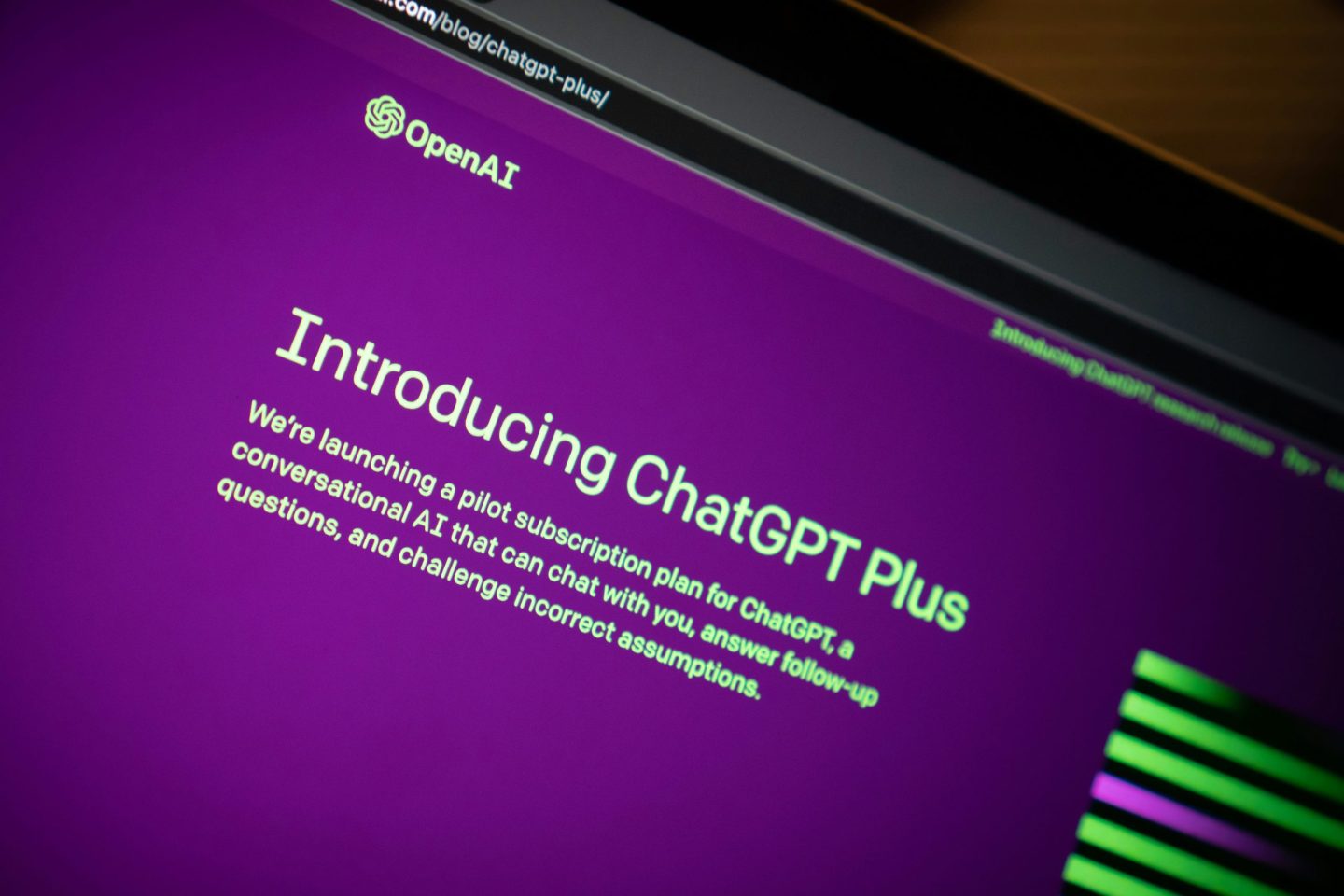OpenAI has argued in an Indian court that removing the training data behind ChatGPT service would clash with its legal obligations in the United States.
The statement was issued in response to a lawsuit filed by Indian news agency ANI, which accused the AI business of using its content without permission.
The Microsoft-backed AI giant stated that Indian courts lack jurisdiction in the case since OpenAI has no offices nor operations in the country. In its January 10 filing to the Delhi High Court, OpenAI emphasised that it is already defending similar lawsuits in the US, where it is required to preserve its training data during ongoing litigation.
The case, filed by ANI in November, is one of India’s most closely-watched lawsuits involving the use of AI. ANI alleges that OpenAI utilised its published content without authorisation to train ChatGPT and is demanding the deletion of its data from the company’s systems.
A global battle over copyright and AI
OpenAI is no stranger to such disputes, facing a wave of lawsuits from copyright holders worldwide. In the US, the New York Times filed a similar case against the company, accusing it of misusing its content. OpenAI has consistently denied such allegations, claiming its systems rely on the fair use of publicly available data.
During a November hearing in Delhi, OpenAI told the court it would no longer use ANI’s content. However, ANI argued that its previously published material remains stored in ChatGPT’s repositories and must be deleted.
In its rebuttal, OpenAI highlighted that it is legally obligated under US law to retain training data while related cases are pending. “The company is under a legal obligation, under the laws of the United States, to preserve, and not delete, the said training data,” OpenAI stated in its filing.
Jurisdiction dispute
OpenAI also argued that the relief ANI is seeking falls outside the jurisdiction of Indian courts. It pointed out that the company has “no office or permanent establishment in India,” and its servers, which store ChatGPT’s training data, are located outside the country.
ANI, which is partially owned by Reuters, countered the claim, saying the Delhi court has the authority to hear the case and that it will file a detailed response.
A Reuters spokesperson declined to comment on proceedings, but has stated that the agency has no involvement in ANI’s business operations.
Concerns over competition
ANI has also expressed concern about unfair competition, citing OpenAI’s partnerships with major news organisations like Time Magazine, The Financial Times, and France’s Le Monde. ANI says that these agreements give OpenAI an edge.
The agency further claimed that ChatGPT reproduces verbatim or similar excerpts of its works in response to user prompts. OpenAI, on the other hand, claimed that ANI deliberately used its own articles as prompts to “manipulate ChatGPT” to file the lawsuit.
The case is scheduled to be heard by the Delhi High Court on January 28. Meanwhile, OpenAI is transitioning from a non-profit to a for-profit company, raising $6.6 billion last year.
In recent months, OpenAI has secured high-profile deals with media outlets from around the world, highlighting its efforts to strengthen its commercial partnerships while managing regulatory concerns worldwide.
(Photo by Unsplash)
See also: DeepSeek-R1 reasoning models rival OpenAI in performance
Want to learn more about AI and big data from industry leaders? Check out AI & Big Data Expo taking place in Amsterdam, California, and London. The comprehensive event is co-located with other leading events including Intelligent Automation Conference, BlockX, Digital Transformation Week, and Cyber Security & Cloud Expo.
Explore other upcoming enterprise technology events and webinars powered by TechForge here.
Read the full article here














